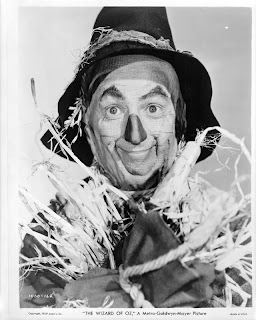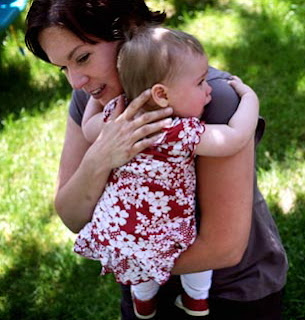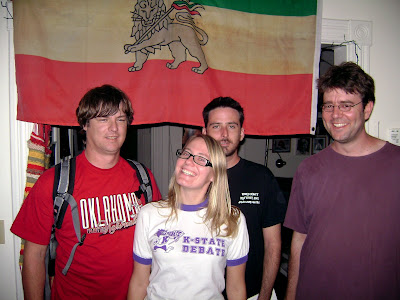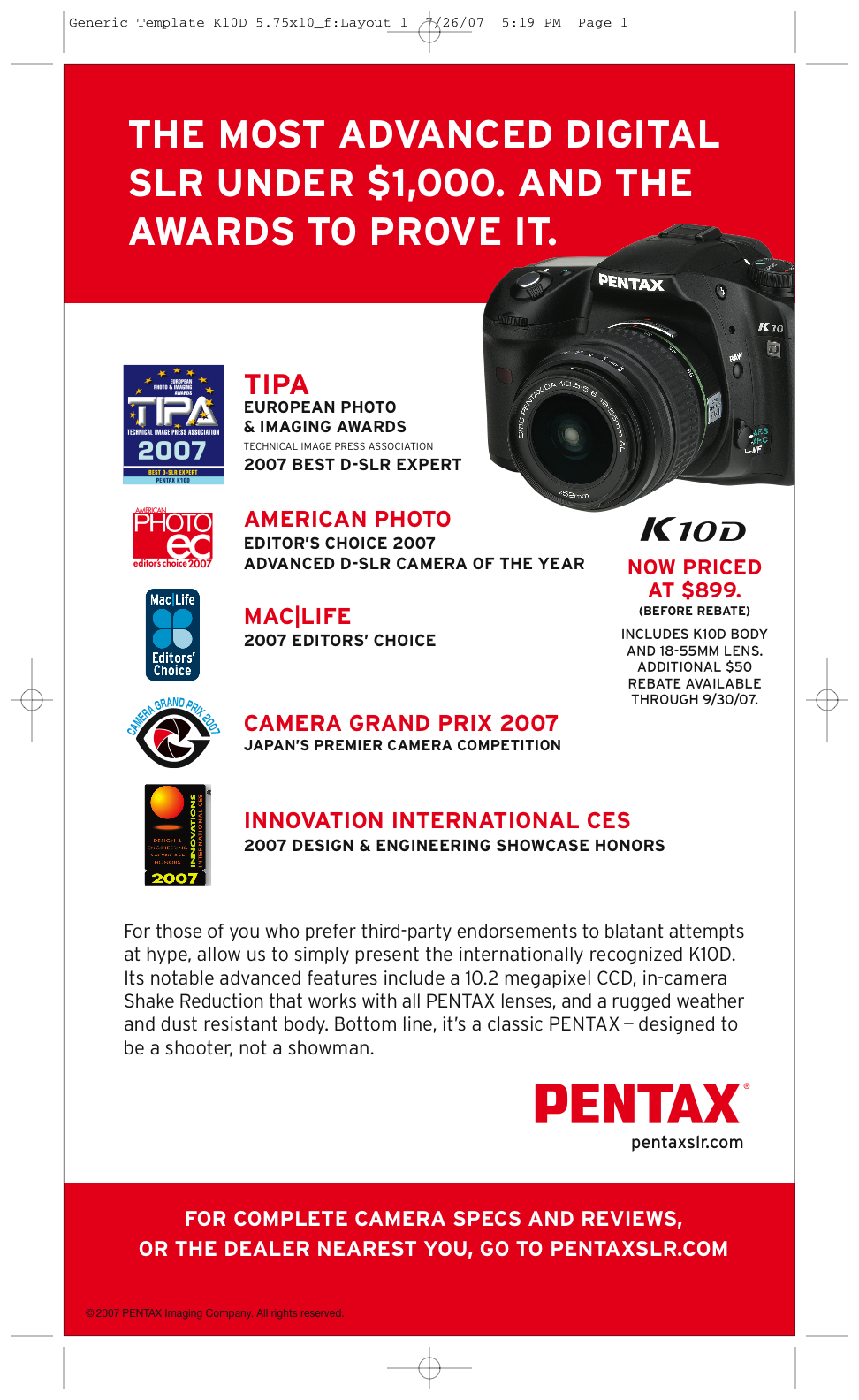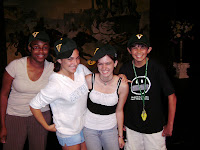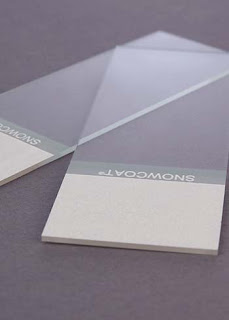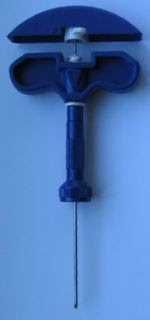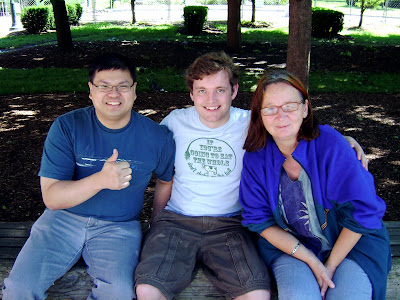Sweet, I finally get to use a Wayne's World quote as a title to this blog! Even sweeter, the latest NY Times article on the Children's Health Insurance Program marks the story's official ascendancy to an issue that will shape the '08 Election. Check out some of these quotes:
Senator Mel Martinez of Florida, chairman of the Republican National Committee, acknowledged Tuesday that a vote against the bill would be portrayed as a vote against health care for children.
“If we allow that to be the end of the conversation, then we will probably have a very bad election cycle,” Mr. Martinez said. “A number of us on the Republican side really do believe that we need to insure every American, and the way to do that is to provide the tax credits necessary to allow people to obtain individual private health insurance policies.”
And,
Before seeing details of the bills, Mr. Bush denounced them, saying they “take incremental steps down the path to government-run health care for every American.” He said the bills would cover children from middle-income families and “crowd out” private insurance.
Republicans despair of trying to make such arguments to a public vexed by soaring health costs and the erosion of employer-sponsored coverage. But they are trying. Senator John Cornyn, Republican of Texas, said, “The Senate bill would incrementally federalize health care.”
Senator Gordon H. Smith, Republican of Oregon, rejected that. The child health program, like Medicare’s prescription drug benefit, is “a highly successful melding of government and private sector care,” Mr. Smith said.
Dr. Mark B. McClellan, former administrator of the Centers for Medicare and Medicaid Services, said, “The Children’s Health Insurance Program today is delivered mostly by private insurance plans, using public money.”
And,
In an interview, Gov. Tim Pawlenty of Minnesota, a Republican who is chairman of the National Governors Association, said he did not understand how the debate had become so polarized that Mr. Bush was threatening a veto.
At a meeting of the association last week in Traverse City, Mich., Mr. Pawlenty said, “There was unanimous support for a reasonable expansion of the program.” The group has not endorsed a specific sum.
The federal government spends $5 billion a year on the program. Gov. Arnold Schwarzenegger of California, a Republican, said it was “absolutely essential” that Congress increase spending on children’s coverage by $50 billion over the next five years. That is 10 times the increase sought by Mr. Bush.
This story gives me confidence in the future. In about a week's time this issue has gone from something that was completely foreign to me to something that will help define Election '08 and beyond. It's paving the way to universal health insurance; just listen to what those Republic politicians are saying above. The tide is turning. The people really do run this country, and the people are ready for a change. What they say is true: when the people start to lead the leaders will start to follow.

